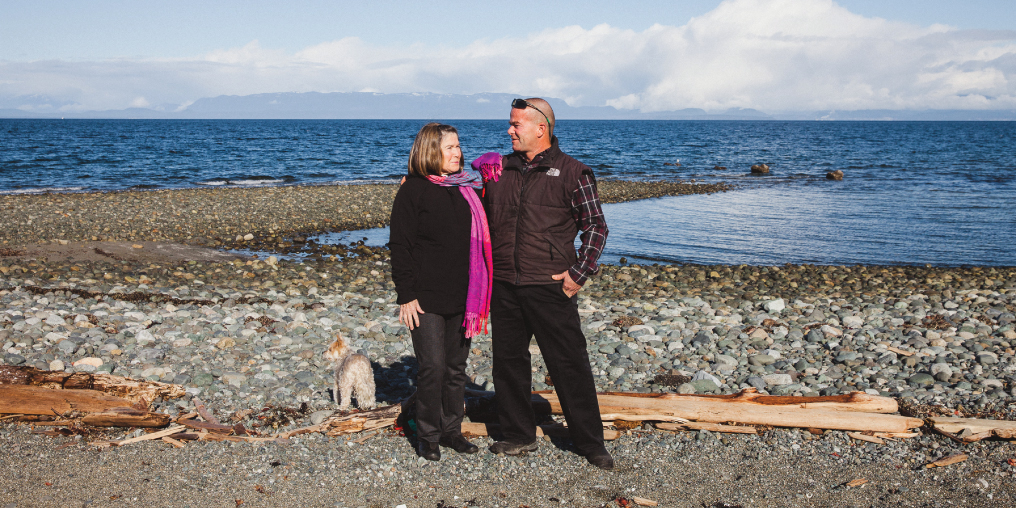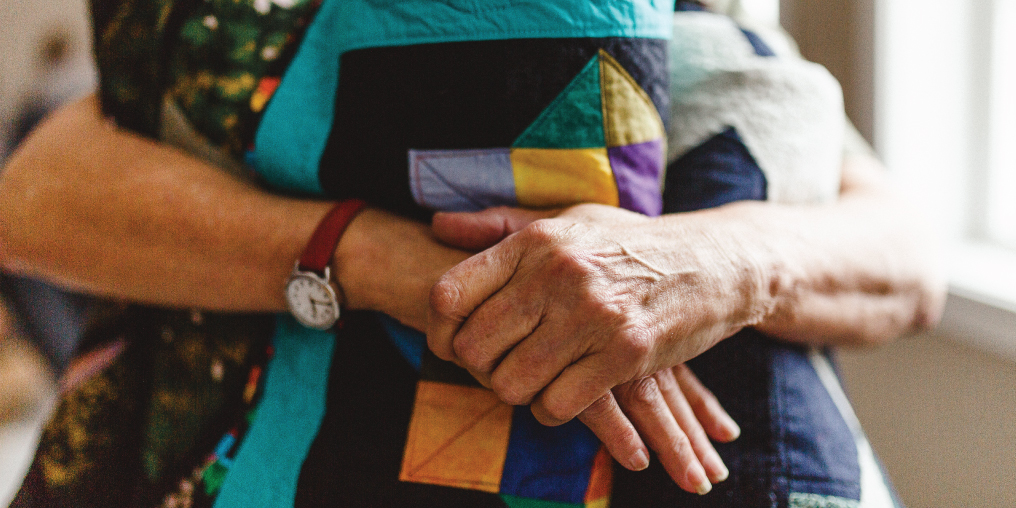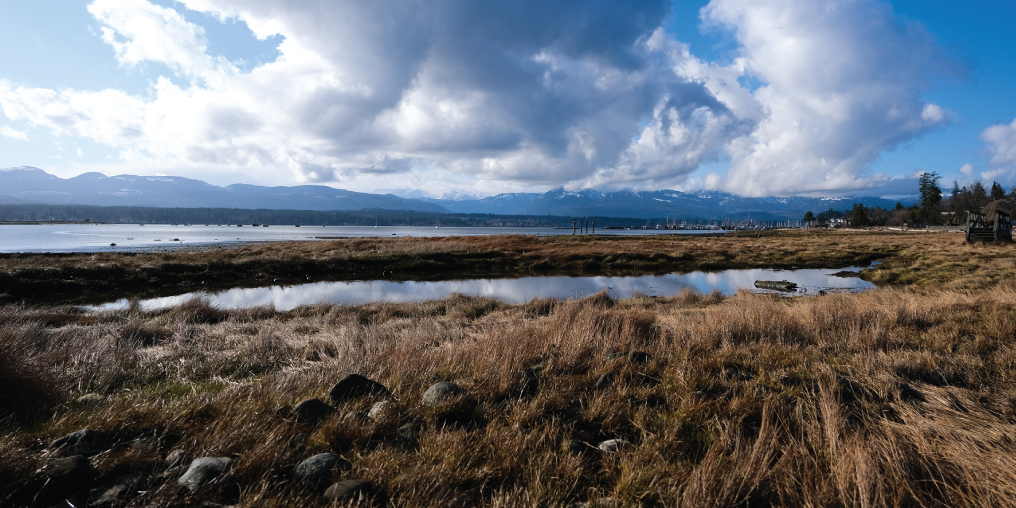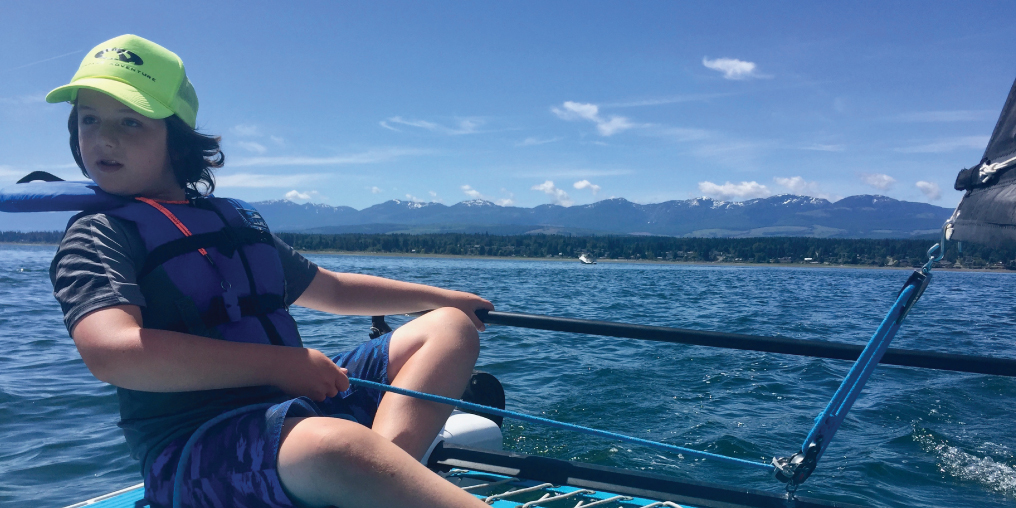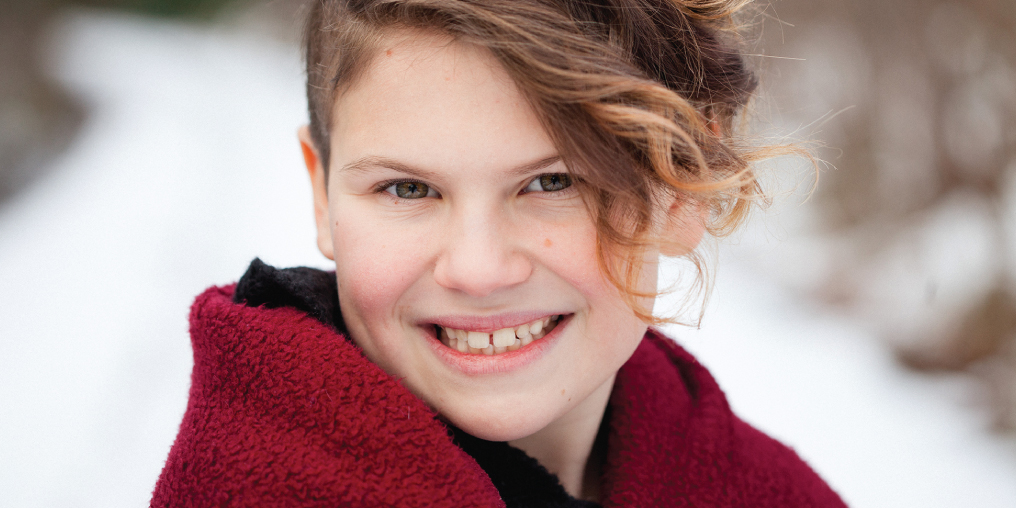Often in an instant, an acquired head injury can change everything. How do you make sense of so much loss? Where does purpose come from if you lose your ability to function as you once did? Where can a family turn when they don’t understand what their loved one is experiencing?
What if it was you? Your parent? Your partner? Your child?
“It was devastating. Three RCMP officers came to my door at 3:30 in the morning,” a mother, Nancy, recalls being awoken to the news of her son’s critical state.
Allen was thrown from his car in an accident while travelling near Revelstoke. A passing couple came across his car and found him unconscious. Soon, an ambulance took him to the Revelstoke hospital, where he was kept on life support. Nancy received updates but couldn’t see her son until he had been flown to Calgary’s Foothills hospital the next morning.
“The doctors gave him—and me—no hope, but they decided to put him on the ventilator and see what happened,” Nancy remembers. “Weeks later, after many brain scans, he moved his eyes for the first time as he watched me bend over him.”
This was just the beginning of Allen’s recovery. He was transferred to an esteemed head-injury rehab program in the small town of Ponoka, Alberta. Here he would relearn how to walk, talk, eat, and even how to go to the bathroom. His sheer determination to recover astounded the staff who worked with him.
“His mental ability was quite good coming out of rehab—they still have no idea how,” his mom recounts. Still, there were social challenges, like vulnerability, loss of his previous vocation, and getting in with the wrong groups. It wasn’t until Allen moved to Vancouver Island and linked up with the Comox Valley Head Injury Society (CVHIS) that he was able to establish some stability.
The society provides confidential support services and counselling for acquired brain injury survivors and their loved ones, on an individual level and through social gatherings and outdoor activities, including dragon boating. “CVHIS was a support for us as a family,” Nancy says. When she first walked through the society’s door, she learned that Allen could attend meetings with other brain injury survivors, and that there were ways for her and other family members to navigate their complicated new reality. Allen’s brother and sister eventually moved to the Island to provide support and love.
Acquired brain injuries can be devastating for an entire family; they often strike people unexpectedly and/or at a young age. Common causes include an accident or assault; disease; stroke; brain tumours; and drug or alcohol abuse. A brain injury may create (or contribute) to physical disabilities and problems with emotions, relationships, attention, thinking, and memory.
Once an esteemed concrete finisher in Canmore, Allen was no longer able to work in his field. But CVHIS has helped him access woodworking training at North Island College. He continues to master this skill, transforming logs into benches, bar stools, and tables, some of which find their way into the community.
And, while COVID has paused outings like dragon boating and bowling, it hasn’t stopped Allen, his father Pat, Nancy, and other CVHIS members from raising funds by collecting bottles and cans from the community to fund society programs, including the weekly lunch and food pantry programs. So far, this initiative has raised over $3,500.
“Allen is now one of the faithful followers,” says Nancy. “Every Tuesday he does lunch with CVHIS. He and I are both on the Board; he has something different to say and contribute. It keeps him grounded with an ongoing routine. He’s in art class, mindfulness programs—so many good things.”
Comox Valley Head Injury Society is tucked in beside Ski Tak Hut in downtown Courtenay.
PROFILE OF COMMUNITY IN ACTION SPONSORED BY NORTH ISLAND UROLOGY

